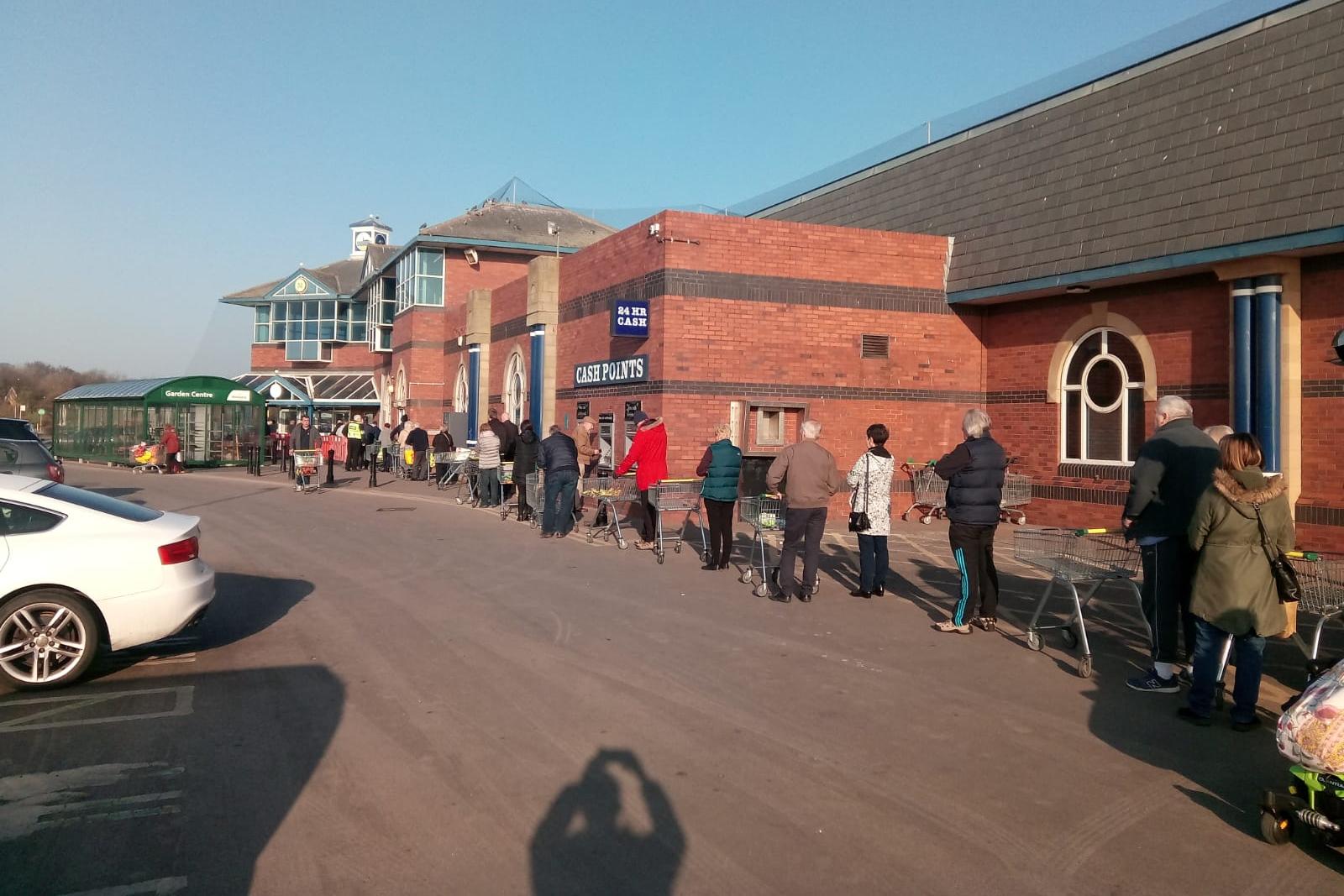
Since the virus shopping has become a much more restricted occupation. Online shopping for goods has been the norm for some time but it has taken on new meaning now. However in a lock down what are we buying? I buy music, LPs from independent stores still posting, books and magazines. I did think about new jeans the other day but feel that there is no need as the only times I venture out is for a food shop or exercise. The idea that post modernists pedal as symbolic consumption - we buy things to impress others - is temporarily redundant. Or is it? On social media design masks are flourishing, Instagram have been trying to sell me Beatles and Pink Floyd masks. There has been an increase in sports wear, people need to look good walking and running. Social media is full of lock down deals on whatever you have been buying online. Ads pop up regularly on Instagram and Facebook. the consumer society has merely shifted into cyberspace.
In 1993 when I was studying post modernism as a module on my degree the tutor told us that one day we would do all of our Christmas shopping online. We practically burned him at the stake, surely this was witchcraft. However over the years online shopping has become the norm. So much so that town centres look very different now. Regeneration projects take place trying to bring people into towns, if they aren't shopping then they need to eat or attend cultural events. The worry for sociologists is that town and city centres are important for social interaction. If people stay closed away they may feel anomie and this may lead to a breakdown of society. Societies work best when people are interacting. By interacting we learn social norms which keep us healthy and tolerant. So deserted streets can lead to higher crime rates, isolation and social anomie.
This means that a lock down could maybe lead to the same issues. As I've mentioned before, virtual Zoom communities (I do a pop pub quiz) exist, people have people around for drinks and meals. I notice people even get dressed up to sit in front of a screen (maybe I should get the new jeans). This social instinct is still within us. We hear about community social distant bingo. A pub I frequent still has gigs, the aforementioned quiz and has started selling vouchers, buy now drink later. Independent shops are using the internet to create communities, share your memories, keeping the shop in your conscience. The college I work in has donated its unused carpark for testing of NHS workers. Schools and colleges have donated science equipment to the NHS. Adaptation and community mindedness is a way of trying to keep our communities going.
The essential shop is the food shop. Symbolic creativity seeps into food shopping too - where do you shop for your food can define your identity as much as what type of car you drive. If you follow the vague lock down rules you might be restricted to the nearest supermarket. Many people still get online shopping although you have to hang in there to get a delivery date.
The physical supermarket experience is much different now. Social distancing means queues and it's harder to impulse buy. If you live relatively near to a large spacious supermarket you can still look for fashions and luxury items. If not then you are limited to food. Security is more prominent and choice is better than at the start but still restricted in areas of soap or home baking. Food shop workers have become front line workers, they have always been essential but now that is obvious to their customers. The question is how often do we use them? I know people who shop daily in corner shops. Our local shop encourages only shopping for essentials as infrequently as possible. But what does that mean? Can I buy my daily newspaper? I decided I couldn't as that would be infrequent, but others do.
When you do a massive 7-10 day shop it's hard to symbolically consume, you have a mound of produce to pack yourself (they can't help and they ask us to go alone to avoid congestion) and no one is looking. It would be interesting to see if people buy what they need and want rather than what they think looks good and says about their identity. In other words are organic foods suffering and biscuits increasing. We do know that alcohol sales are up.

No comments:
Post a Comment